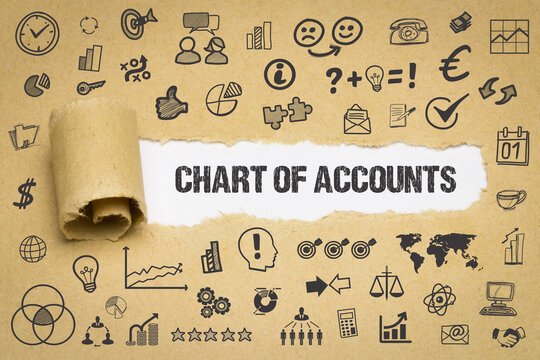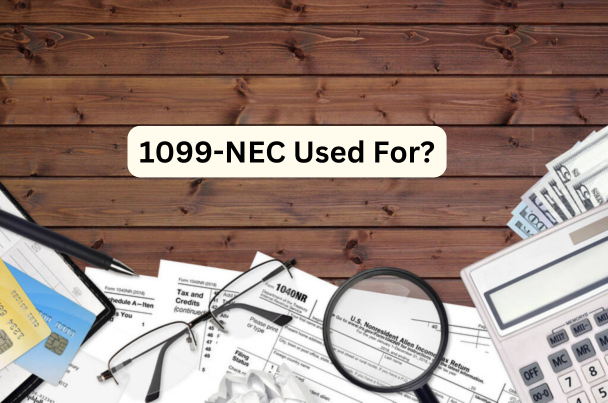Accounting for Trucking Company

Accounting for Trucking Company
A Comprehensive Guide
Managing a trucking business involves more than just delivering goods; it requires meticulous financial management to ensure profitability and compliance. Accounting for trucking company operations is crucial for tracking expenses, managing income, and maintaining accurate financial records. This blog post dives deep into the essentials of accounting for trucking companies, incorporating key tools, services, and best practices.
Why Accounting Matters for Trucking Companies
Accounting for trucking company operations is vital to monitor cash flow, reduce tax liabilities, and comply with federal and state regulations. Accurate financial records enable owners to identify areas of improvement, control costs, and plan for growth. Without robust accounting, trucking businesses risk falling into financial disarray, leading to potential losses or penalties.
Setting Up a Chart of Accounts for Trucking Companies
A chart of accounts for trucking company serves as the pillar of your business records. It organizes all accounts into categories like assets, liabilities, revenue, and expenses. Examples include fuel expenses, truck maintenance, tolls, and driver wages. Utilizing a chart of accounts for trucking company template simplifies the process and ensures consistency in record-keeping. A well-structured chart ensures you can generate accurate financial reports for decision-making and tax filing.
Sample Chart of Accounts for Trucking Company:
- Assets: Trucks, trailers, cash, accounts receivable
- Liabilities: Loans, accounts payable, taxes payable
- Revenue: Freight income, surcharge income
- Expenses: Fuel, maintenance, insurance, licenses, tolls
Selecting the Best Accounting Software for Trucking Companies
Investing in the best accounting software for trucking company simplifies tracking and reporting. Popular options include QuickBooks for trucking, which offers tailored solutions for transportation businesses. Other trucking accounting software options like Trucking Office and Right books provide specialized tools for managing mileage, dispatching, and fuel taxes.
For larger operations, accounting software for transport company systems with advanced features like integration with Electronic Logging Devices (ELDs) and International Fuel Tax Agreement (IFTA) reporting can save time and improve accuracy.
Benefits of Accounting Services for Trucking Companies
If managing finances seems overwhelming, outsourcing to professionals offering accounting services for trucking companies can be a smart move. These services typically include:
- Bookkeeping
- Tax preparation and filing
- IFTA reporting
- Payroll management
Specialized trucker accounting services ensure compliance with industry regulations and help you maximize deductions. They’re particularly helpful for owner-operators juggling multiple responsibilities.
Key Features of Trucking Accounting Software
When selecting accounting software for trucking company, look for features tailored to the industry:
- Mileage tracking and fuel tax reporting
- Income and expense categorization
- Invoice management
- Integration with dispatch and load management systems
- Cloud accessibility for on-the-go updates
Utilizing accounting programs for trucking companies ensures seamless financial operations, reducing manual errors and saving time.
Bookkeeping Tips and Templates for Trucking Companies
Efficient bookkeeping is integral to accounting for trucking company success. Using a trucking bookkeeping template can help streamline record-keeping. Key elements to track include:
- Income from freight and surcharges
- Expenses for fuel, repairs, and insurance
- Driver wages and benefits
A sample chart of accounts for trucking company integrated into your bookkeeping template can further enhance organization and clarity.
Accounting for Transport Businesses vs. Trucking Companies
While the principles of accounting for transport company operations are similar, trucking companies often face unique challenges like fuel taxes and ELD compliance. Therefore, choosing specialized accounting software for transport company ensures the needs of both general and trucking-specific transport businesses are met.
For instance, transportation businesses might focus more on passenger ticketing, while trucking companies emphasize freight management and IFTA compliance. Tailoring your accounting approach to your business model ensures better financial oversight.
Notes on Accounting for Trucking Companies
Here are some essential accounting for trucking company notes to keep in mind:
- Track Mileage: Essential for IFTA reporting and tax compliance.
- Separate Personal and Business Finances: Use dedicated accounts to avoid confusion.
- Keep Receipts: Retain proof of expenses for audits and deductions.
- Review Reports Regularly: Analyze profit and loss statements to identify cost-saving opportunities.
- Agenda for Taxes: Set aside funds for quarterly tax payments.
Leveraging QuickBooks for Trucking Companies
QuickBooks for trucking is a popular choice due to its user-friendly interface and trucking-specific features. It helps businesses track expenses, manage invoices, and prepare taxes efficiently. With integrations for mileage tracking and payroll, QuickBooks can be a one-stop solution for small and medium-sized trucking businesses.
Conclusion
Proper accounting for trucking company operations is the cornerstone of financial success. Whether you choose specialized trucking accounting software, rely on accounting services for trucking companies, or use a combination of both, maintaining organized and accurate records is essential. By leveraging tools like a trucking bookkeeping template or chart of accounts for trucking company, you can stay on top of your finances, comply with industry regulations, and focus on growing your business.
Accounting doesn’t have to be a burden. With the right strategies and tools, you can transform it into a strength that drives your trucking company toward long-term success.






